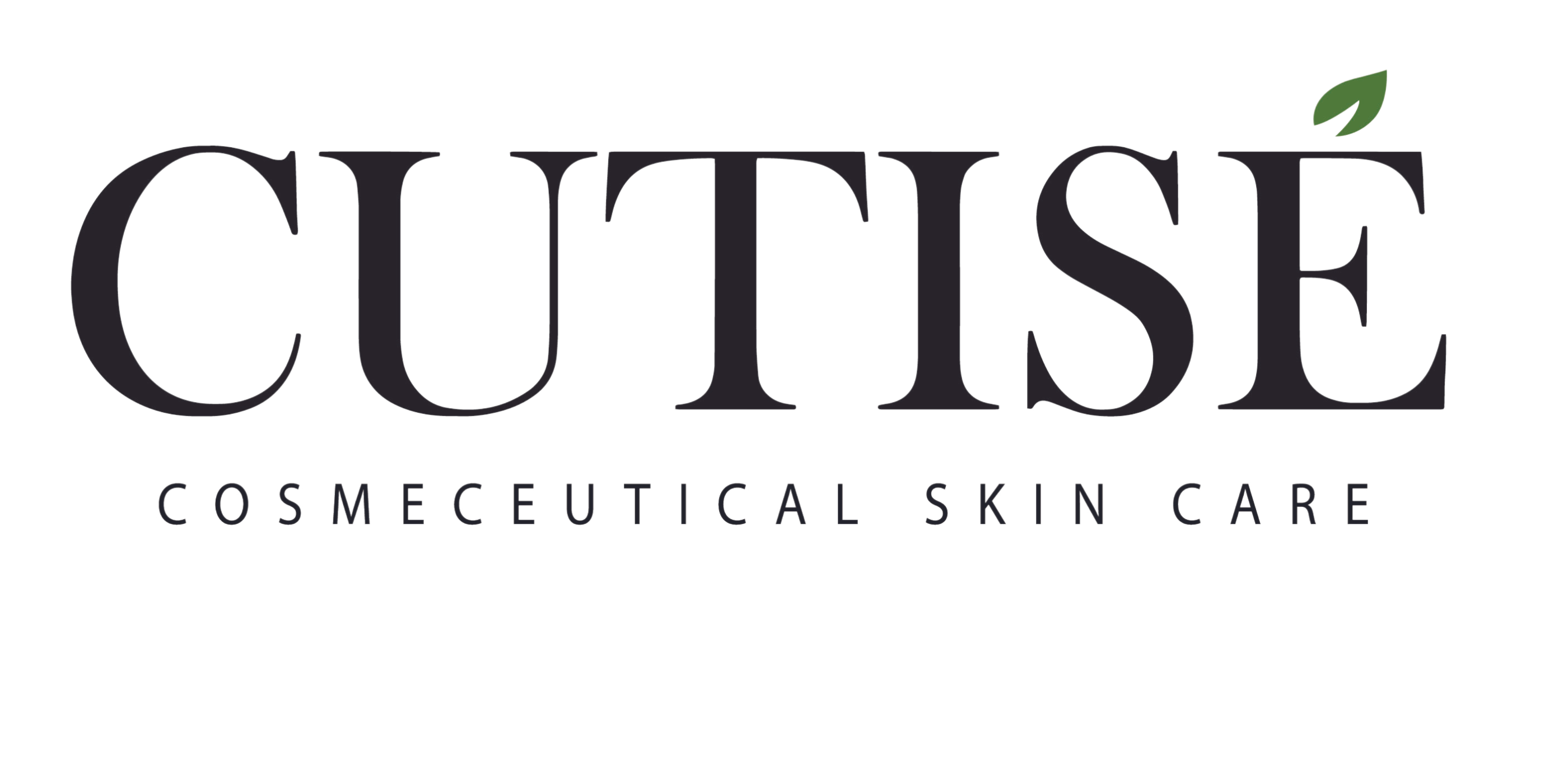Astaxanthin: The Mighty King of Antioxidants for Youthful Skin

ASTAXANTHIN is a natural pigment first discovered by Richard Kuhn and his team back in 1938. It’s part of a group of pigments called carotenoids, which give aquatic animals like shrimp, lobsters, salmon, trout, and red seabream their bright reddish-orange colors.
The microalgae Haematococcus pluvialis produces the highest amount of astaxanthin found in nature. These algae go through a ‘Green’ stage before turning ‘Red’ as they produce astaxanthin in response to tough environmental conditions. This pigment acts as a protective mechanism for the algae’s survival. In this blog, we’re diving into why astaxanthin is known as the KING of antioxidants and how it can benefit anti-aging skincare.
Astaxanthin is an incredible antioxidant with an amazing ability to neutralize free radicals. It’s far more powerful than many other antioxidants. Compared to vitamin E, green tea catechins, CoQ10, resveratrol, and even vitamin C, astaxanthin reigns supreme with its impressive strength. It is 500 times more potent than Vitamin E, 560 times stronger than Green Tea Catechins, 800 times more powerful than CoQ10, 3000 times mightier than Resveratrol, and a staggering 6000 times stronger than Vitamin C.

What makes astaxanthin special is its unique molecular structure, which lets it cover the entire cell membrane and provide thorough protection. This means it can guard all layers of your skin from free radical damage caused by pollutants, UV rays, stress, and other lifestyle factors. By neutralizing these harmful radicals, astaxanthin helps keep your skin looking youthful and combats signs of aging.



In the world of antioxidants, astaxanthin is a game-changer. It’s not just a powerful antioxidant; it also offers multiple benefits for anti-aging skincare. With its unmatched free radical-fighting power and comprehensive skin protection, astaxanthin is a top contender for maintaining youthful, glowing skin.
Disclaimer: The content above is provided for informational purposes only. It doesn't imply any therapeutic effects and it should not be taken as professional medical advice.





